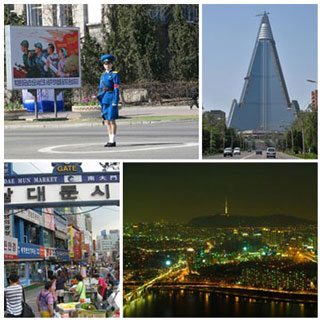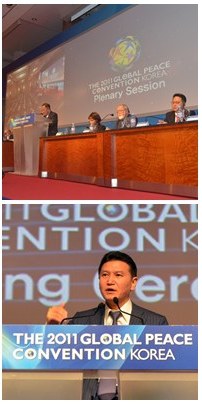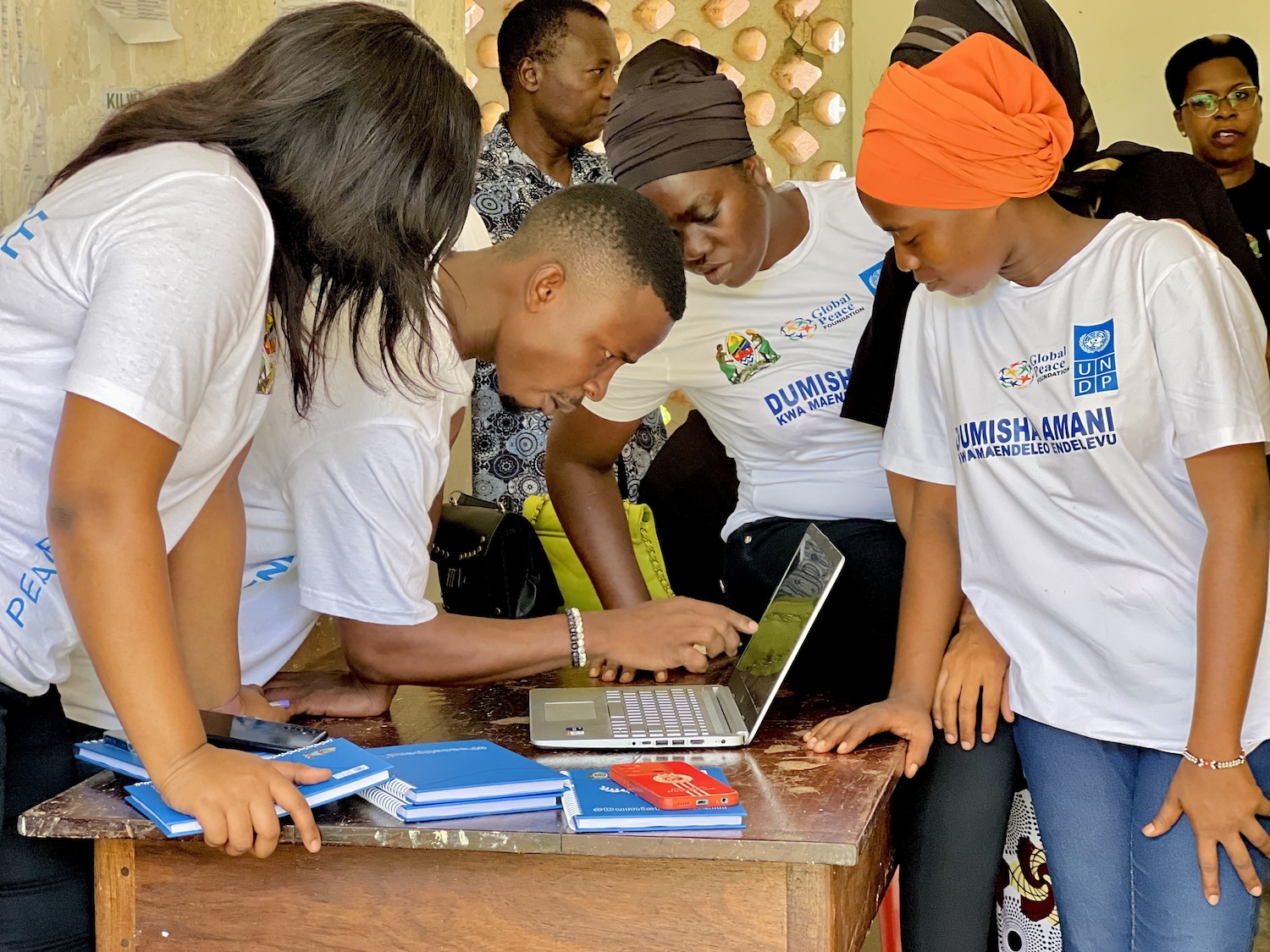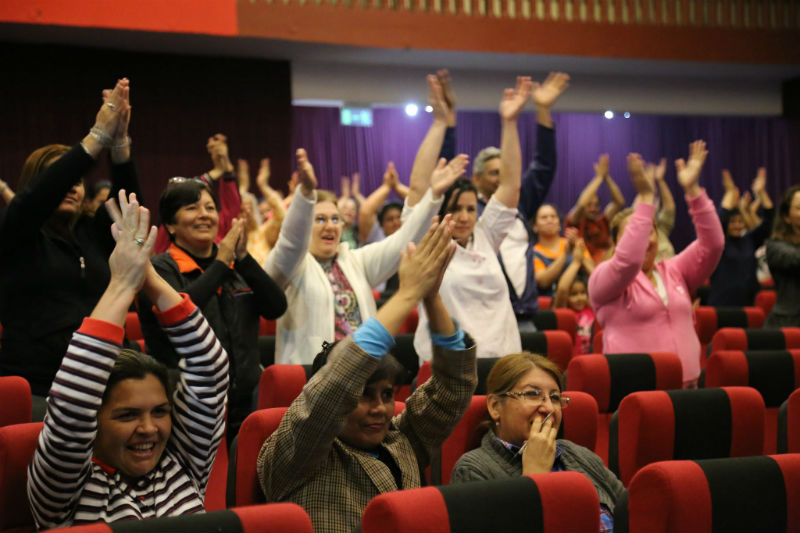
The 2011 Global Peace Convention held in Seoul, Korea.
The human cost of the division of the Korean peninsula was brought home to participants at the Global Peace Convention (GPC) Korea 2011 in Seoul this week, when Young-hun Seo, honorary chairman of the Convention, told them he was born in Pyongyang, capital of North Korea, and his two younger brothers still lived there. They are just three of the six million Korean [divided families] still affected in this way.
“2012 will be a year of change,” Dr. Seo said, noting that a presidential election would be held in South Korea, while North Korea would celebrate the 100th birthday of its founder, Kim Il Sung. “So this GPC is timely and meaningful by addressing new approaches to Korean reunification,” he added. Dr. Seo is former president of the Millennium Democratic Party in Korea and of the Korean Red Cross.
The GPC convened on the theme “Peacebuilding in East Asia and the Reunification of the Korean Peninsula” and attracted participants from over 30 nations. Hon. Jose de Venecia, GPC co-chair, founding chairman of the International Conference of Asian Political Parties and former speaker of the Philippines House of Representatives, called for “creative, pragmatic methods to further North-South reconciliation without letting ideology get in the way.”
The convention explored possible track two (non-political) approaches, including youth, sports and cultural exchanges, business initiatives, and projects in the transport and energy sectors. It also emphasized the importance of regional support for the process beyond the participants of the Six-Party talks on North Korean denuclearization, to include ASEAN and other countries in the region.
Regional cooperation, especially with China, would be important in any reunification process, said Hon. Chun-shik Kim, vice minister of Korea’s Ministry of Unification. “Reunification must create a country that does not threaten anyone in the region,” he said.

H.E. Kirsan Ilyumzhinov (below) and Hon. Jose de Venecia (above at podium) address the convention.
Economic activity in the region is increasing with a growing dependence on China’s economy. “By 2015 South Korea, Japan, and China will be close partners,” said Congressman Choong-whan Kim, of the National Assembly’s Foreign Affairs Committee. North Korea stands out as the glaring anomaly in this picture of regional integration. He suggested that further shared prosperity within the region “depends on the resolution of the North Korean issue on a collaborative basis” within the region.
A former North Korean official who had defected to the South, Dr. Myung-chul Cho, chairman of the Education Center for Unification, reminded participants that politics and ideology could not be avoided completely. Universal rights and freedoms had to be guaranteed in a future reunified Korea and that was a question of political philosophy.
De Venecia, who had met with Kim Il Sung in Pyongyang in the 1990s, suggested that the ASEAN Plus Three (China, Japan, Korea) organization should develop a systematic program of economic cooperation and support for North Korea, with the ultimate prospect of expanding to ASEAN Plus Four. He also proposed that the Six-Party nations add a business track to their discussions.
The most striking proposal for cultural exchange came from Kirsan Ilyumzhinov, president of FIDE, the International Chess Federation, and First President of Kalmykia, a Russian federal republic. He is organizing a chess tournament between children from both North and South Korea to be held near the border in March 2012. He is currently working to set up a North Korean chess federation.
The GPC was co-sponsored by the Korean Ministry of Foreign Affairs and Trade, the Ministry of Unification and the National Unification Advisory Council to the President.



